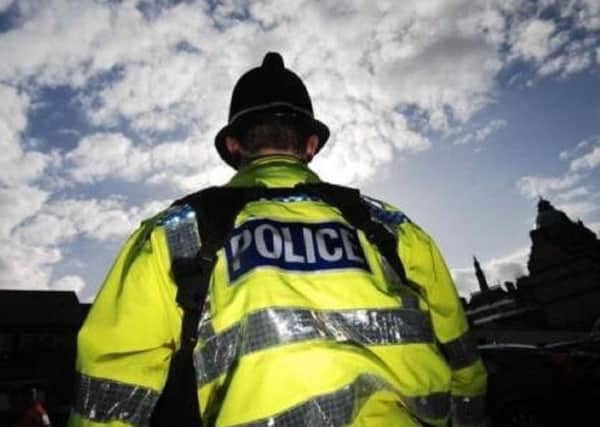Too much bling? Give us a ring! Say Northamptonshire Police as they crack down on unexplained wealth


Too much bling? Give us a ring! Is the message from officers in Northamptonshire who are looking to increase reports from the public on people who are living a lifestyle that is beyond their means through committing crime.
Often signs of this type of activity includes wearing expensive jewellery or designer clothing, driving expensive cars, living in expensive properties or taking luxury holidays while showing no signs of legitimate work/means to pay for these items.
Advertisement
Hide AdAdvertisement
Hide AdDetective Superintendent Mark Behan, said: “The vast majority of crime we see is carried out through greed to make money and lead an easy lifestyle. If we can stop people from living a lavish lifestyle on the back of crime then we will take away one of the main motivators.“
“We know criminals have no respect for boundaries and this new campaign will ensure that no matter where in the East Midlands they may live or travel, they will not escape justice.
“If you know someone is a convicted criminal and they have a new car on the drive, a shiny watch on their wrist or have been on yet another holiday, then we want to hear about it. We also want to hear about people who you may suspect of being involved in criminality and have unexplained wealth."
Through the Proceeds of Crime Act (POCA) 2002, financial investigators will look into the lifestyles of those who are living off criminal gains and where possible, look to recover the benefit that they are making.
Advertisement
Hide AdAdvertisement
Hide AdConfiscation proceedings can be brought after a person is convicted of drugs, fraud, or other offences where they have financially benefited.
A confiscation order is granted, which allows officers to retrieve the sum of the benefit made by criminals.
The investigators will attempt to identify all potential assets held by the convicted person, up to the value of their confiscation order.
If sufficient assets cannot be identified, then a Confiscation Order for the actual amount identified will be granted by a judge.
Advertisement
Hide AdAdvertisement
Hide AdOffenders are granted between 30 days and three months to pay. If they fail to do so, they can face a further prison sentence.
The difference between the identified assets and rest of the benefit figure will remain as an unpaid debt – for the rest of their lives if necessary - until it is cleared in full by the individual.
When further assets are identified the Confiscation Order will be re-visited by investigators through the courts.
Det Supt Behan said: "The POCA legislation is a powerful tool that police can use to claw-back money from criminals and sends a message to others that a life of crime does not pay.
Advertisement
Hide AdAdvertisement
Hide Ad“We have more than 400 convicted criminals with confiscations orders where the debt remains unpaid, including a convicted drug trafficker who owes £308,000. We need members of the public to give us intelligence so that we can recover outstanding debts and where necessary investigate new cases.
“Money taken using the legislation is used to further target criminals and their assets and help make communities safer through the funding of various policing initiatives.
“Information from the public will increase this performance and help to fight crime across the region."